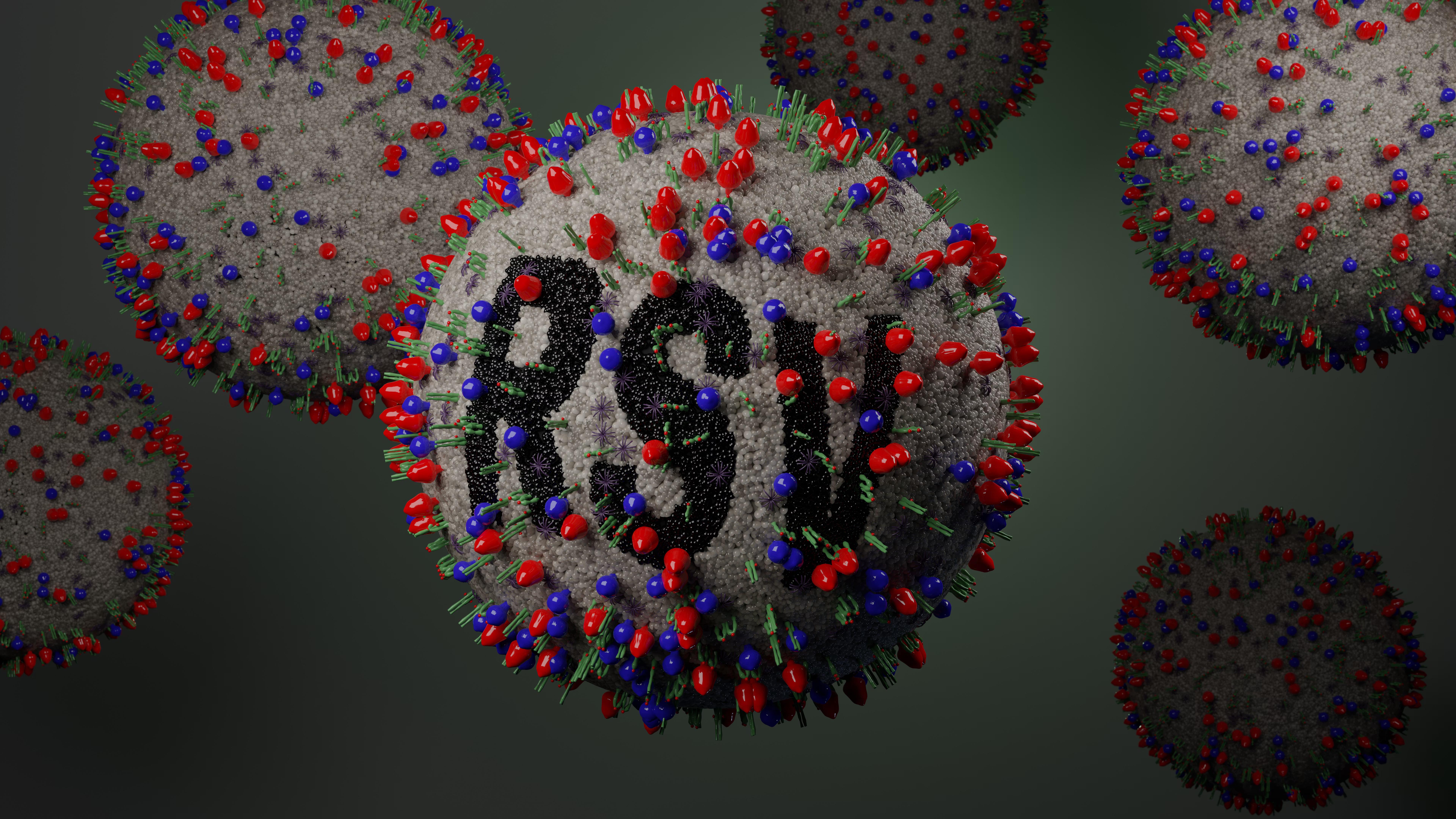- Center on Health Equity & Access
- Clinical
- Health Care Cost
- Health Care Delivery
- Insurance
- Policy
- Technology
- Value-Based Care
Maternal and Infant RSV Immunization Safe, Effective Regardless of Sequence
Combined or individual use of maternal RSVpreF and infant nirsevimab achieved high antibody levels without safety concerns, supporting current RSV prevention strategies.
Both maternal RSVpreF vaccination and infant nirsevimab immunization—alone or in combination—were safe and produced strong immune responses in infants through 4 months of age, according to data presented at the 2025 IDWeek conference in Atlanta, Georgia. 1,2
Maternal and infant RSV immunization is safe and boosts antibody levels regardless of sequence. | Image credit: Peter Hansen - stock.adobe.com

Studying maternal and infant RSV immunization
The prospective, randomized, open-label phase 4 study enrolled 181 mother-infant pairs across 8 sites in the United States. Participants were randomized 1:1:1:1 into 4 groups: maternal RSVpreF vaccination alone; maternal vaccination with infant nirsevimab at birth; maternal vaccination with infant nirsevimab at 3 months; or infant nirsevimab at birth alone.1
Researchers followed participants for safety, tolerability, and the magnitude and durability of RSV-A and RSV-B neutralizing antibodies (nAbs). This interim analysis included follow-up data through 4 months of age.
Is maternal and infant RSV immunization safe?
No related serious adverse events were reported in mothers or infants, and all regimens were well tolerated.1,2
Key findings included:
- Safety: Both RSVpreF and nirsevimab were safe when given alone or sequentially, with no treatment-related serious adverse events in mothers or infants.
- Maternal response: RSVpreF vaccination boosted maternal RSV-A nAb titers 17.35-fold at delivery, remaining durable through 3 months postpartum.
- Antibody transfer: The geometric mean transfer ratio of RSV-A nAbs was greater than 1.3, consistent across groups.
- Infant response: Infants whose mothers received the vaccine and who were given nirsevimab at birth showed a 3.53-fold increase in RSV-A nAbs; infants whose mothers had not been vaccinated had a 25.12-fold increase at 6 weeks post-birth.
- Comparable responses: Infants who received nirsevimab at birth achieved similar peak antibody levels regardless of maternal vaccination status.
- RSV-B trends: Similar antibody kinetics were observed for RSV-B.
“Our research reassures new parents that all methods of immunization for RSV are safe and provide high antibody levels to infants, which is especially important as the United States moves into its wave of seasonal respiratory illnesses,” said Christina A. Rostad, MD, director of the Emory Children’s Center Vaccine Research Clinic and presenting author. “The findings add to the large body of evidence that immunizations to prevent RSV are safe and effective.”2
The study, conducted by the Infectious Diseases Clinical Research Consortium with support from the National Institute of Allergy and Infectious Diseases, will continue monitoring participants through 12 months to assess the durability of immune protection in both mothers and infants.
RSV remains the leading cause of lower respiratory tract infections in infants and the most common cause of hospitalization in children under 1 year. Researchers noted these results support current CDC recommendations for maternal RSV vaccination during 32 to 36 weeks of pregnancy and infant immunization under 8 months of age.1
References
- Rostad C, et al. The immunology and safety of maternal RSV vaccination, infant nirsevimab immunization, or both products—interim analysis of a randomized clinical trial. Presented at IDWeek 2025. October 19-22, 2025; Atlanta, GA.
- RSV Immunization in infants is safe and provides high antibody levels
regardless of mother’s vaccination status. Press release. IDSA. Published October 19, 2025. Accessed October 19, 2025. https://www.idsociety.org/news--publications-new/articles/2025/rsv-immunization-in-infants-is-safe-and-provides-high-antibody-levels-regardless-of-mothers-vaccination-status/
